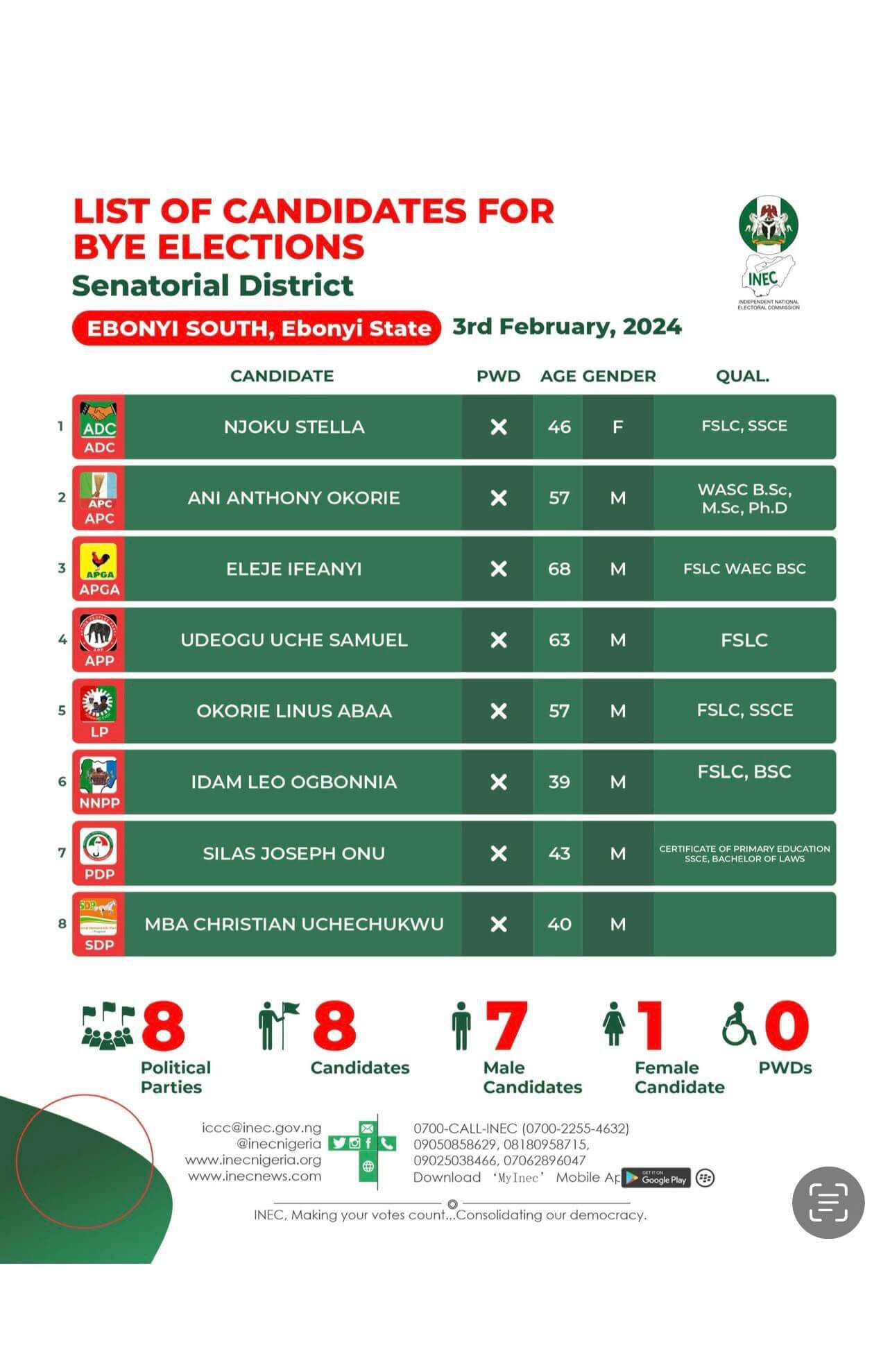
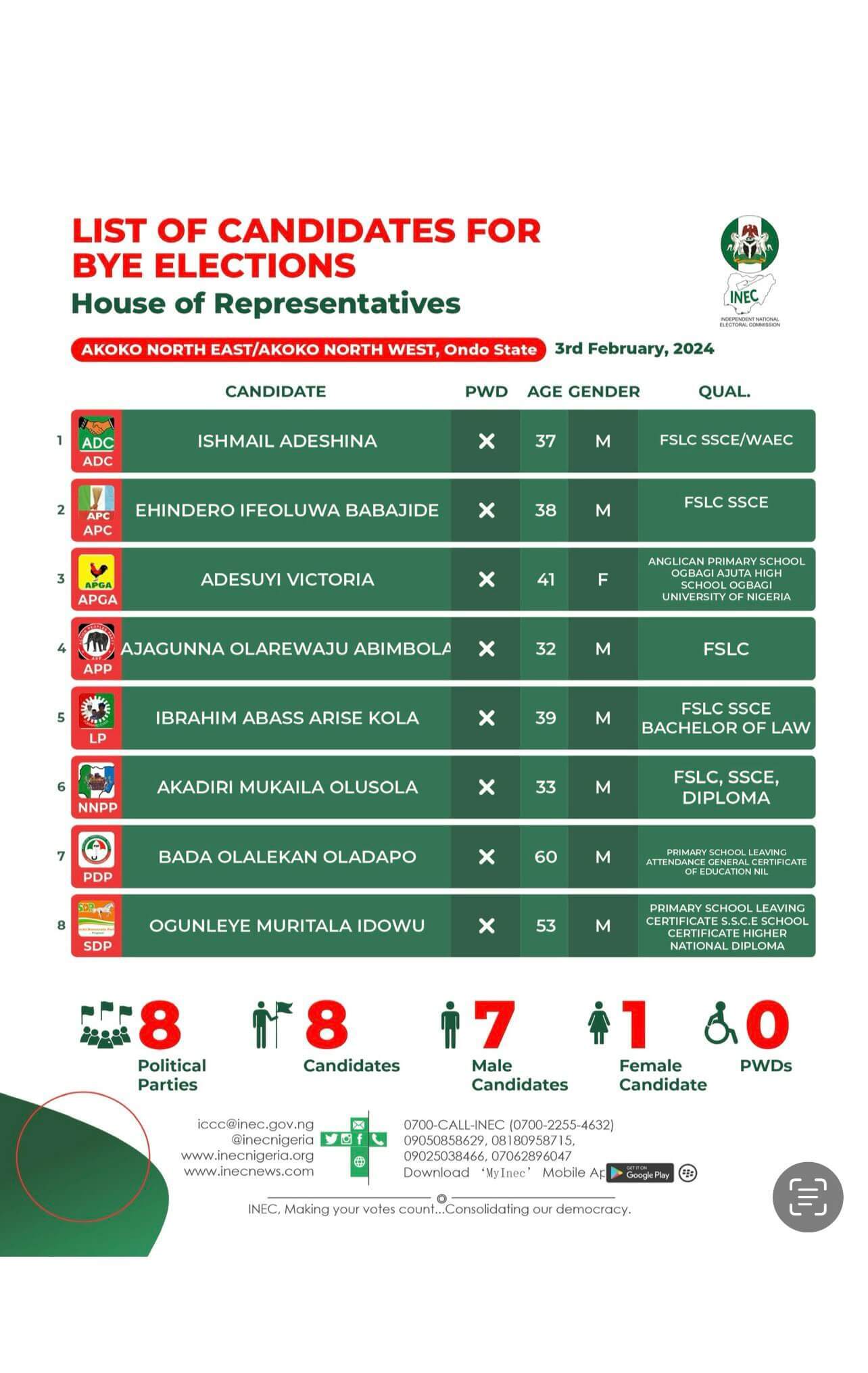
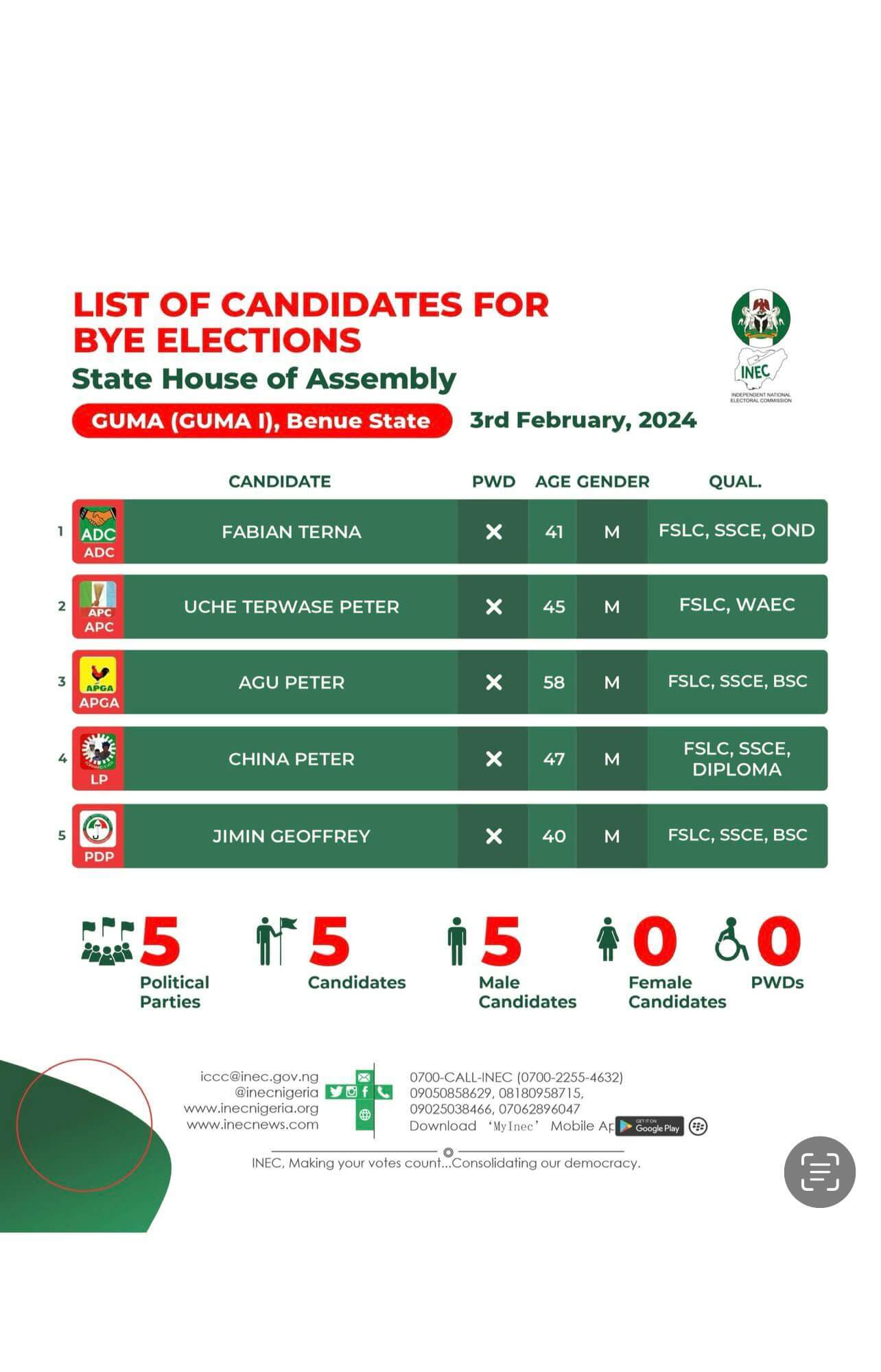
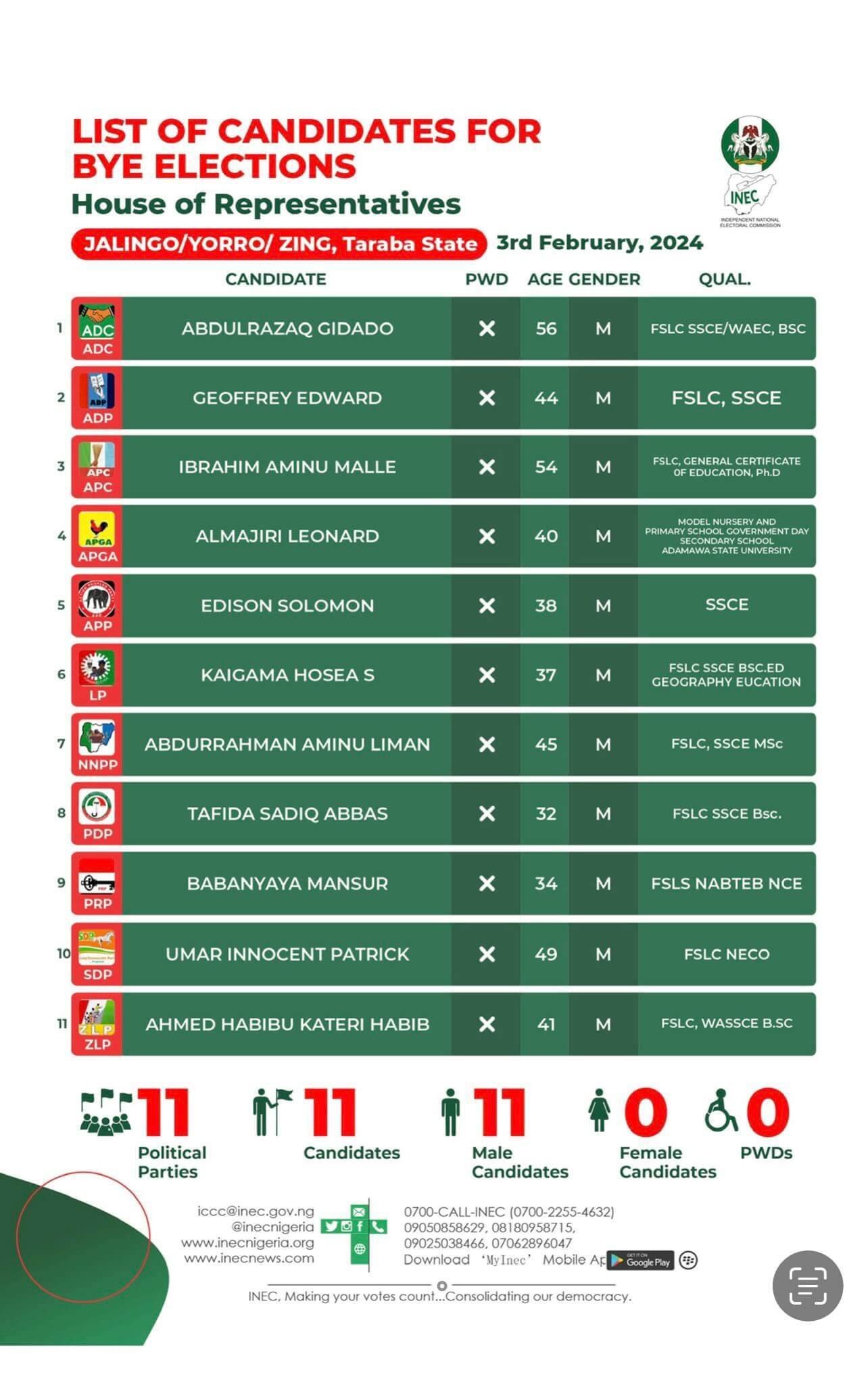
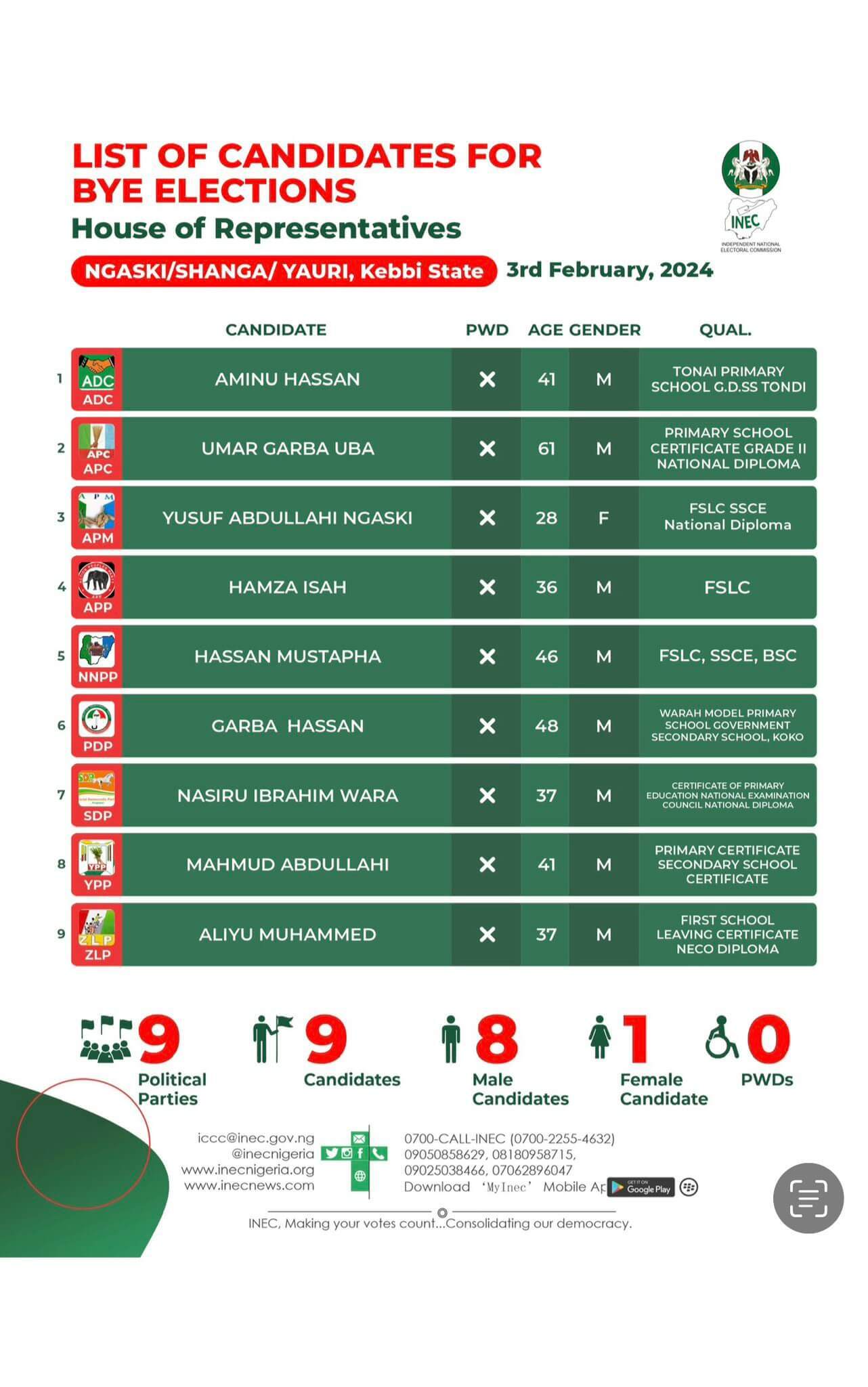
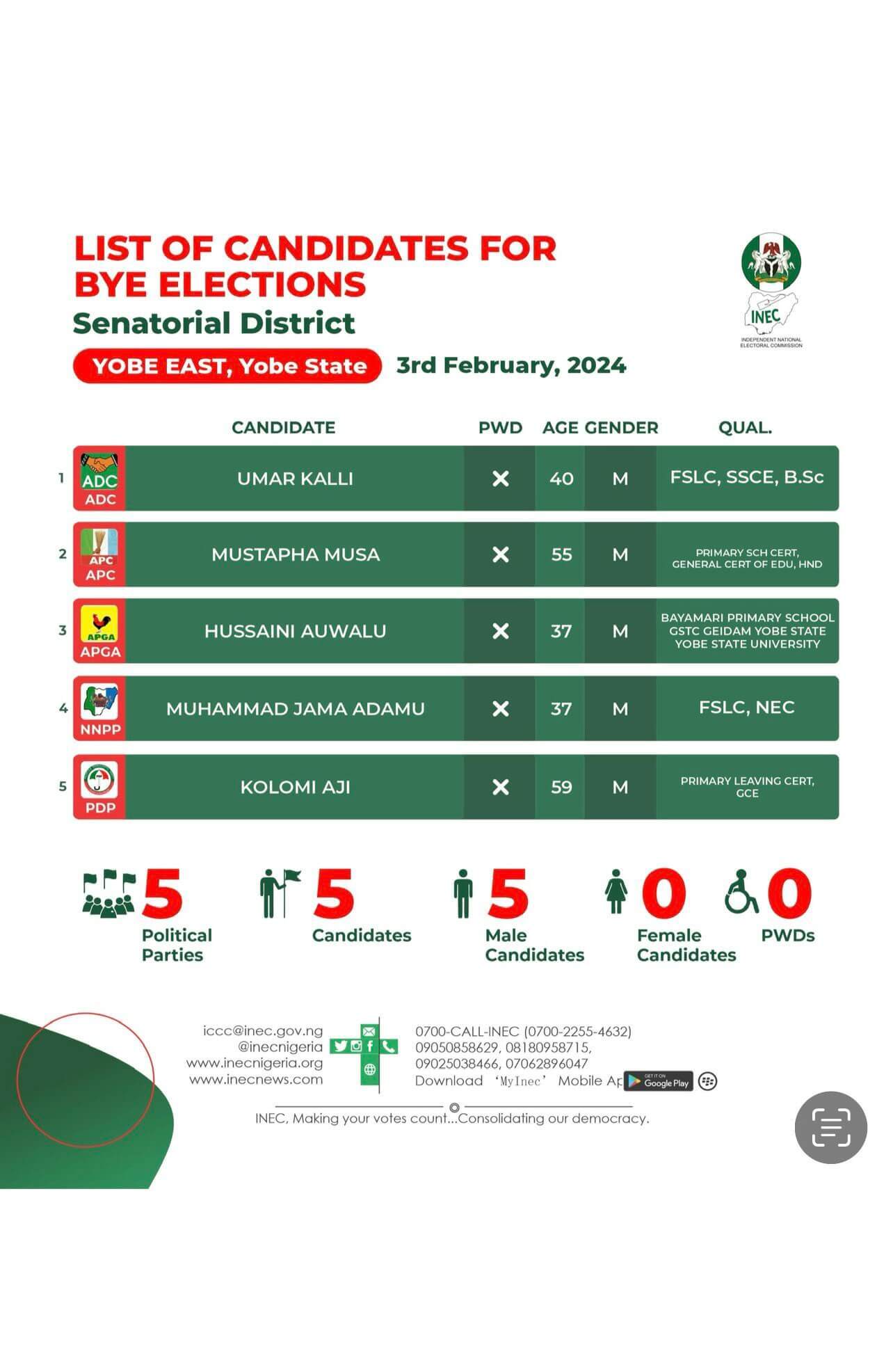
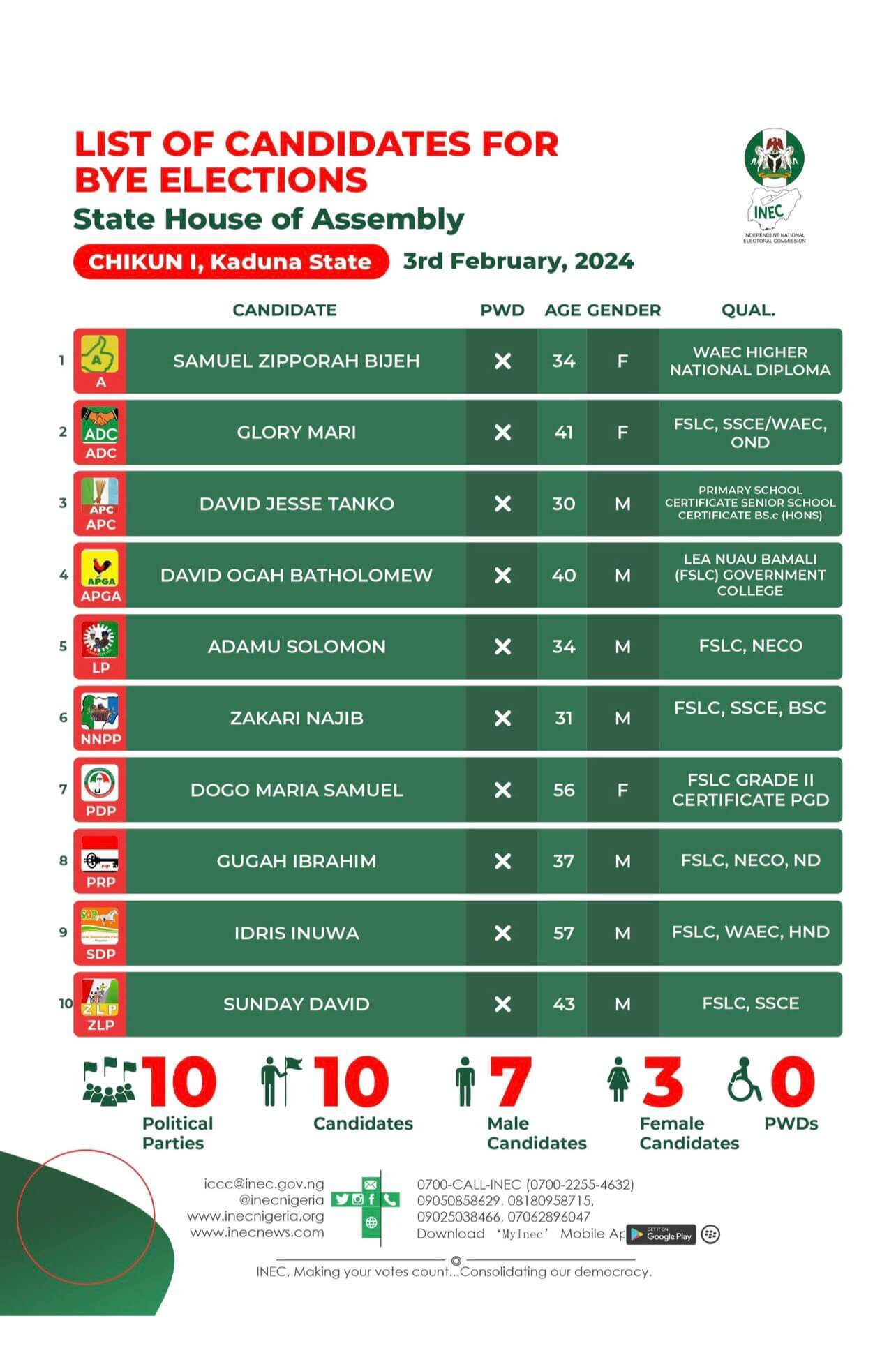
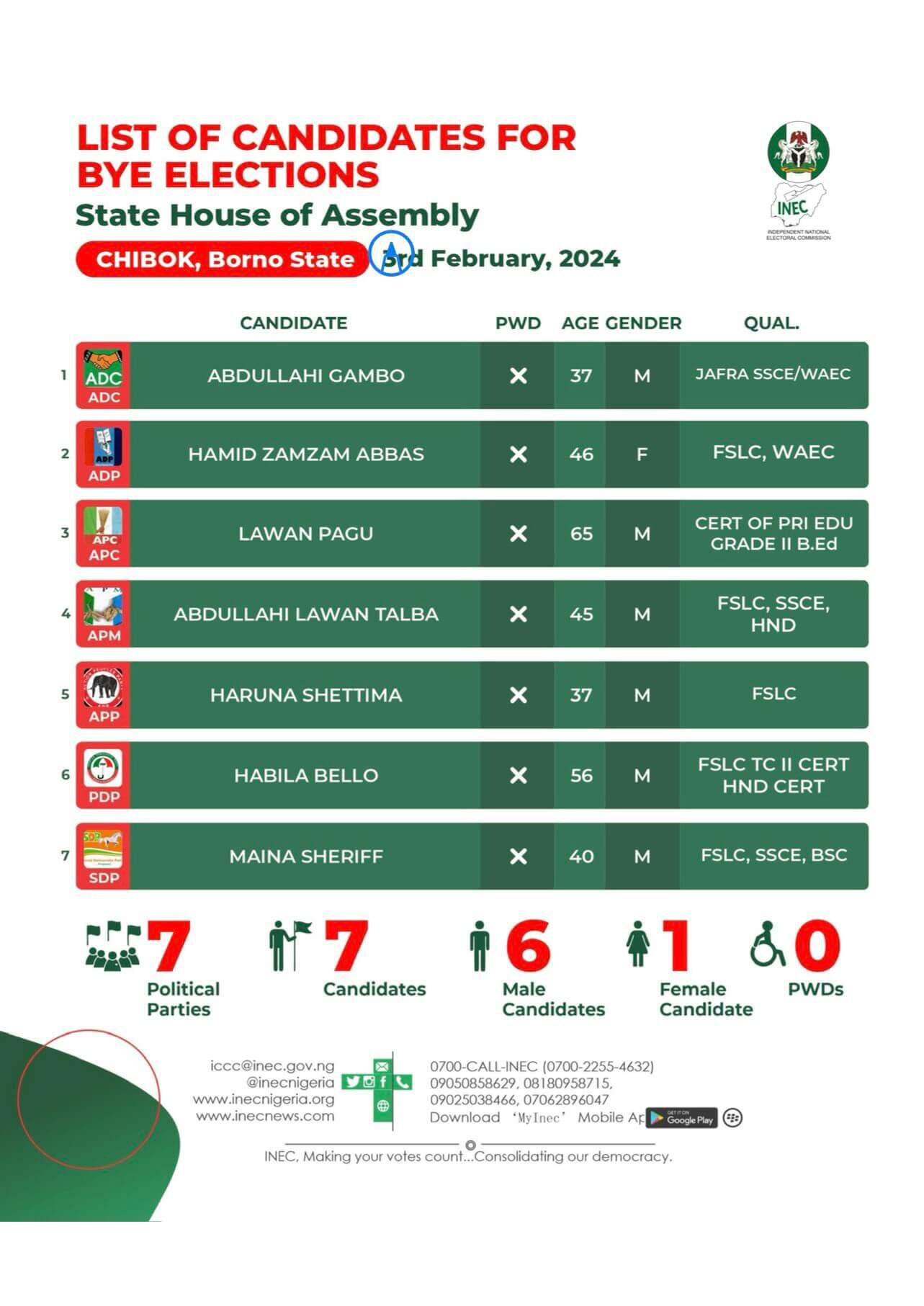
The Governor of Oyo State, Seyi Makinde, has announced his decision not to ban mining activities in the state, despite the recent explosion in Bodija, Ibadan, which he attributed to illegal mining.
This statement was made while updating the public on the situation following the blast that affected areas including Bodija, Agbowo, Eleyele, and Orogun.
The governor, addressing the incident, explained that the explosion was caused by illegal miners who stored explosive devices in a building in the Bodija area.
Despite this, Governor Makinde emphasized that the state government would not ban mining activities.
He assured residents that his administration is effectively managing the situation, with support from President Bola Ahmed Tinubu.
Furthermore, Makinde mentioned that the government had made arrangements for temporary shelters to accommodate the victims and their families affected by the explosion.
When asked during an interview on Channels TV Politics Today if he was considering banning mining in the state following the incident, Makinde said, “My approach has been a little bit different.
“I will not go out to ban mining activities because there are people who are legally mining in the state. They may be international investors. You will give the impression that this is a lawless environment where we will not obey our contracts, what we signed with people.
“It is a difficult route to take. When we are swimming through the situation we have found ourselves, we will not have a knee-jerk reaction to the issue.”
says subsidy to gulp N1.6tn in 2024
The federal government, through the Nigerian Electricity Regulatory Commission, NERC, has approved a new cost-reflective tariff increase for the electricity distribution companies in Nigeria.
This is as the commission stated that the electricity subsidy will gulp N1.6 trillion in 2024.
NERC disclosed this in a Multi-Year Tariff Order for DisCos uploaded on its official website on Wednesday.
The commission said the new MYTO for DisCos takes effect from January 1 2024.
Meanwhile, the Chairman of NERC, Sanusi Garba, who explained the development to journalists in Abuja on Wednesday, said the federal government would spend 30 billion monthly, amounting to N1.6 trillion, on electricity subsidies in 2024.
The implication is that for any N150 electricity bill, the federal government will pay N90 while consumers will bear the remaining fraction.
Enugu Electricity Distribution Company, EEDC, will get N128.92bn, Abuja Electricity Distribution Company (N223.26 billion), Yola Electricity Distribution Company (N64.48 billion), Benin Electricity Distribution Company (N140.85 billion), Ibadan Electricity Distribution Company (N199.841 billion), the Eko Electricity Distribution Company (N198.78 billion) and Ikeja Electricity Distribution (N238.201 billion).
NERC stated that electricity tariff adjustments would be made monthly to avoid rate hike shock.
“If we have determined that you should be paying N150 and the Federal Government says you should pay N60, it will pay the difference. Then that is what it is, and the government would now provide the money.
“One of the new things in tariff order is, to avoid rate shock, we will now be doing the minor tariff review very frequently, like every month,’’ he said.
In the last days of 2023, a report emerged of a planned electricity hike on January 1, 2024.
However, the apex regulatory body denied the claim of electricity tariff hike.
Barely two weeks ago, the Minister of Power, Adebayo Adelabu, insisted on electricity subsidy payments at the time of review of the implementation of cost-reflective tariffs.
He said, “We’re reviewing the implementation process of a cost-reflective tariff while ensuring continued government subsidy for vulnerable members of society”.
Adelabu disclosed that the federal government spent N700 billion on electricity tariffs in 2023.
The development showed that Nigerians must battle with the new electricity pricing template amid heightened headlines and food inflation.
DAILY POST reports that headline and food inflation increased to 28.92 per cent and 33.93 per cent, respectively, in December 2023, according to the National Bureau of Statistics.
The Abia State Council of the Nigeria Union of Journalists (NUJ) has described as primitive, the invasion of All Breaking News (ABN) Radio/TV, Umuahia, by police operatives.
The police operatives arrested a guest on a live programme during the incident.
The Abia NUJ council in a statement made available to journalists in Umuahia, said that the invasion should be condemned by well-meaning Nigerians.
In the statement signed by Victor Ndukwe, the Abia NUJ Chairman and Adaeze Ralph Igbokwe, the association recalled how policemen invaded FLO FM in Umuahia to arrest a guest invited for a live programme, some years ago.
The association also recalled how men of the Nigerian Military invaded the NUJ Press Centre in Umuahia in 2017, where they beat up journalists and destroyed their working equipment.
“These attacks refuse to take into account, the robust relationship the media in Abia has fostered with security agencies in the state over the years.
“We want to state categorically that these attacks are in bad taste, designed to harm the media industry as they have the propensity to make media houses endangered zones for guests invited to live programmes and muzzle plurality of opinions which oil democracy.
“In an era when live programming has become the fashion in broadcasting, arresting guests who honour invitations to live programmes translates to a systematic but crude means of putting the media out of business occasioned by resultant damages to costly, sensitive equipment and scaring people away.
“We call on the police hierarchy in the state to reign in their men and put a stop to such ill-motivated attacks.
The Council aligns with the management of ABN TV in their demand for unreserved apology from and replacement of damaged equipment by the police,” the NUJ said.
The statement noted that both the police and the media are working for the good of the Nigerian society.
Former lawmaker Senator Shehu Sani has claimed that security agencies in some African countries sharing borders with Nigeria are more serious in discharging their duties than those in Nigeria.
The former Senator, who made the claim in a post on his official X handle on Thursday, questioned why citizens in countries like Benin Republic, Niger, Chad and Cameroon are not being kidnapped for ransom.
According to him, security operatives in those countries are more professional, leading to the safety of their citizens.
He lamented the worsening security crisis bedeviling the nation at the moment, saying kidnapping is becoming a lucrative business.
The post reads, “If ransom is not paid to kidnappers, the lives of the hostages are at risk. If ransom is paid to kidnappers, it encourages other kidnappers to abduct more and makes the business of kidnapping more lucrative.
“Families of the victims of kidnappings will do anything to get their loved ones released in the event of the helplessness and hopelessness of the security agencies.
“Why are there no kidnappings for ransom in Benin Republic, Niger, Chad and Cameroon? Because their security agencies are more serious and professional in the execution of their duties”.
The Economic and Financial Crimes Commission (EFCC) has intensified its pursuit of former Central Bank of Nigeria (CBN) Governor, Godwin Emefiele, filing a fresh 20-count amended charge against him at the FCT High Court on Thursday.
The latest development comes two months after Emefiele’s initial arraignment on six counts related to procurement irregularities in awarding a contract to April 1616 Investment Limited.
In August 2023, the anti-graft agency brought charges against Emefiele, Sa’adatu Yaro, and the company for violating the Procurement Act during the purchase of vehicles.
The EFCC initially amended the charges in November, dropping the co-defendants and reducing the charges against Emefiele to six.
He pleaded not guilty and was granted bail by Justice Hamza Muazu on November 22, 2023.
The bail conditions included a N300 million bond, two sureties with property in Abuja’s Maitama district, surrender of travel documents, and restricted movement within the city.
However, the EFCC’s pursuit seems far from over. The EFCC lawyer, Rotimi Oyedepo, informed the court of the new 20-count filed against Emefiele just yesterday.
Emefiele’s lawyer, Matthew Burkaa, requested time to review the updated charges. Consequently, Justice Muazu adjourned the case until tomorrow for rearrangement.
NAN
[PRESS RELEASE] Reevaluation of the Economic and Financial Crimes Commission (EFCC): Ensuring Accountability and Effectiveness - Olukayode Ajulo, SAN
AdminThe Nigerian Economic and Financial Crimes Commission (EFCC) has long been entrusted with the critical responsibility of preventing, investigating, and prosecuting financial crimes. However, recent developments have raised concerns about the Commission's focus and operations, warranting a thorough reassessment of its mandate and effectiveness.
Regrettably, it appears that the EFCC has strayed from its primary functions, engaging in what can be described as political posturing. It has prioritized high-profile cases and media sensationalism over its core objectives, compromising its ability to diligently pursue and bring to justice the real perpetrators of economic and financial crimes.
There is a growing apprehension that the EFCC has become overly preoccupied with media trials, theatrics, and grand gestures, rather than adhering to the rigorous standards and procedures necessary for effective investigation. This approach has led to hasty actions, inadequate evidence gathering, and subsequent dismissal of cases by the courts, undermining the pursuit of justice.
A recent incident that exemplifies these concerns is the alleged pursuit of Zamfara State Governor, Gov. Lawal, by the EFCC while his case was still pending before the Supreme Court. However, following his victory in the apex court, the EFCC swiftly shifted its focus to his political rival, Former Governor Bello Mohamed Matawale, who now serves as the Minister of State for Defence.
The Commission has reportedly accused him of involvement in financial crimes. The timing and circumstances surrounding this accusation raise legitimate questions about the EFCC's impartiality and its commitment to due process.
Furthermore, it is essential to inquire about the EFCC's inaction during the mandatory screening of the recently appointed minister, where his past activities were expected to undergo thorough review.
The origin of the petition and the credibility of the accusers must be scrutinized to ensure that the EFCC's actions are not driven by ulterior motives or baseless claims. Stringent procedures should be in place for submitting petitions, and comprehensive forensic investigative patterns should be employed when dealing with such cases. This will safeguard against the EFCC embarking on fruitless pursuits and ensure that its efforts are focused on genuine and substantive cases.
The Economic and Financial Crimes Commission plays a pivotal role in combating corruption and financial crimes. However, it is crucial to critically evaluate its operations, address shortcomings, and reinforce its commitment to its original purpose. This process necessitates collaboration between the EFCC's leadership, relevant government bodies, civil society organizations, legal experts, and the media.
Through open dialogue and collective efforts, we can restore public trust, enhance transparency, and strengthen the EFCC's capacity to effectively tackle economic and financial crimes.
Dr Olukayode Ajulo, OON, is a Senior Advocate of Nigeria.
The Nigerian Communications Commission (NCC) has postponed plans to ban Globacom subscribers from calling MTN lines over the non-payment of interconnect charges.
This was made known in a statement to Naija News on Wednesday by the Director, Public Affairs, NCC, Reuben Muoka.
Recall that the NCC had, in a notice, given MTN Nigeria Communications Plc partial approval for the disconnection of Globacom.
“Globacom was notified of the application made by MTN and was given the opportunity to comment and state its case.
“The Commission, having examined the application and circumstances surrounding the indebtedness, determined that Globacom does not have sufficient or justifiable reason for non-payment of the interconnect charges,” the notice reads.
The NCC revealed that at the expiration of 10 days from the date of this notice, “subscribers of Globacom will no longer be able to make calls to MTN but will be able to receive calls.”
But in a fresh statement on Wednesday, NCC disclosed that MTN and Globacom had reached an agreement over the debt.
The Commission stated that it had put the phased disconnection on hold for a period of 21 (twenty-one) days from today, 17 January 2024.
The statement reads: “On January 8, 2024, the Nigerian Communications Commission published a Pre-Disconnection Notice informing subscribers of the approval granted to MTN Nigerian Communications Plc. (MTN) to commence the phased disconnection of Globacom Limited (Glo) with effect from January 18, 2024, due to a long-standing interconnection debt dispute between the parties.
“In granting the approval, the Commission was deeply conscious of the potential impacts of the decision on consumers and therefore continued to engage both parties to facilitate a resolution which prioritizes and protects consumer interest and the seamless operation of the national telecoms network.
“The Commission is pleased to announce that the parties have now reached agreement to resolve all outstanding issues between them. For this reason, and in exercise of its regulatory powers in that regard, the Commission has put the phased disconnection on hold for a period of 21 (twenty-one) days from today, 17 January 2024.
“While the Commission expects MTN and Glo to resolve all outstanding issues within the 21-day period, the Commission insists that interconnect debts must be settled by all operating companies as a necessary component towards compliance with regulatory obligations of all licensees. It is OBLIGATORY that Mobile Network Operators (MNOs) and other licensees in the telecom industry keep to the terms and conditions of their licenses, especially as contained in their interconnection agreements.”
[NaijaNews]
As the February 28th deadline date for the linkage of National Identity Number (NIN) with Subscribers Identification Number (SIM) approaches, long queues have returned to NIN centres in Lagos.
This is even as agents at local government areas (LGAs) are demanding as high as N8,000 from Nigerians, who do not want to join the long queue, LEADERSHIP learnt.
LEADERSHIP’s visit to some LGAs in Lagos state, confirmed the return of crowds and extortion between N5000 and N8000 per applicant for the service.
For instance, at Igando-Ikotun Local Council Development Area (LCDA), LEADERSHIP correspondent was approached by some women who claimed they could help with her registration, without her joining the queue, for a fee of N8,000.
Residents (who also want to do their NIN) at Igando-Ikotun LCDA told LEADERSHIP that the women also collected N8,000 from each of them.
“The women then directed us to the LCDA at Isheri, where we were given the NIN form to fill and were told not to tell anybody we paid money for NIN registration. Even when NIMC officials do not attend to us early, we should wait patiently as we will be attended to before the end of the day,” one of the residents told LEADERSHIP.
Upon arriving at Isheri, our correspondent noticed the huge crowd of residents, waiting for their turn to get registered, including those who had initially paid N8,000.
For instance, a lady told our correspondent that she paid N5,000 to an agent yesterday, yet, she hasn’t been attended to. “It is like that guy has duped me. I don’t even know if he is an agent here. I am calling his number but it is not going,” she stressed.
LEADERSHIP also visited Kosofe LGA, Lagos state, and confirmed the return of the long queue. The most affected were students who were lamenting their inability to get registered, considering the fact that the deadline for WAEC registration is 31st of January, 2024.
For instance, a student of Ojota Secondary School, Ojota, Lagos (name withheld) told LEADERSHIP that he is yet to register for his WAEC, as NIN is one of the criteria for registration.
“I had to skip classes last week, just to get registered. I was told to come today (Tuesday, 16th of January, 2024), to collect my NIN, but there is no network. I will come as early as 7:00 am tomorrow, as the queue is frustrating,” the student lamented.
To alleviate the sufferings of his classmates, who are yet to commence the process, the student, however, appealed to NIMC to give access to third-party agents to fast-track the process.
Meanwhile, NIMC had earlier issued a statement warning Nigerians not to pay anyone to obtain a NIN or e-ID card, as they are free.
The statement reads partly: “Beware of fake social media accounts (Facebook, WhatsApp, Twitter, etc.) posing as official NIMC or “fan” pages asking you to make payments to them to get your NIN, NIN Slip or e-ID card for you – you data could be acquired and used for criminal activities. Beware of Fraudsters posing as NIMC Agents or Staff. Do not pay money to anyone offering to help you speed up the NIN enrolment process or get the National e-ID card for you. You have to enrol and collect your card, when it is ready, yourself.”
On third party agents, the commission had stated that third-party agents would need to revalidate their licences, to ensure the highest standards of data security and compliance.
The revalidation exercise is part of NIMC’s commitment to driving operational efficiency and ensuring compliance with the highest standards of data security. The exercise will also ensure seamless NIN enrolment and provision of modification services whilst it eliminates infractions.
NIMC however, assured Nigerians that the revalidation exercise will be concluded in the shortest possible time, as all necessary resources have been deployed to ensure its quick conclusion.
Consequently, the commission apologised for any inconvenience encountered at all Front End Partner (FEP) centres in the process of NIN enrolment during the revalidation exercise.
“To ensure that this exercise does not affect the general public, NIN enrolment, data modifications, and other NIMC-offered services are ongoing at all NIMC centres in the local government and state offices nationwide whilst we are working on a contactless solution for diasporans,” it added.
[Leadership]
The Independent National Electoral Commission (INEC) has published the final list of candidates for the February 3, 2024 by-election in Nigeria.
In a statement on Wednesday, INEC National Commissioner, Sam Olumekun, said the by-elections become necessary because of death or resignation of members of the National and State Houses of Assembly.
“These elections will be held on Saturday 3rd February 2024 across nine States of the Federation covering two Senatorial Districts (Ebonyi South and Yobe East); four Federal Constituencies (Shanga/Ngaski/Yauri Federal Constituency of Kebbi State, Surulere I Federal Constituency of Lagos State, Akoko North East/Akoko North West Federal Constituency of Ondo State and Jalingo/Yorro/Zing Federal Constituency of Taraba State); and three State Constituencies (Guma I State Constituency of Benue State, Chibok State Constituency of Borno State and Chikun State Constituency of Kaduna State),” the statement partly read.
The commissioner said the timetable and schedule of activities, the personal particulars and final list of candidates have been published in INEC state offices and the affected constituencies pursuant to the provision of Section 29(3) of the Electoral Act, 2022.
“The list of candidates is also published on our website and social media platforms.
“We appeal to Nigerians to scrutinize the personal particulars (Form EC9 and academic credentials) of the candidates. Any aspirant who participated in his/her party primaries with reasonable grounds to believe that the information provided by the candidate is false can challenge the nomination in a Federal high Court as provided in Section 29(5) of the Electoral Act 2022.
“For clarity, this publication only applies to the forthcoming bye-elections as they are fresh elections for which political parties conducted primaries and nominated their candidates.
“For the re-run elections to be held on the same day, the list and personal particulars of candidates have been published before the 2023 General Election. The re-run elections are conducted pursuant to the orders of the Election Petition Appeal Tribunals. They are not fresh elections open to new/disqualified candidates which obviates the need to publish their personal particulars again.”
See the full list:
Governor Seyi Makinde of Oyo State has verified that the mining company implicated in the storage of explosive devices, leading to the Ibadan explosion, lists foreign names on its Corporate Affairs Commission (CAC) document.
Makinde made this statement while appearing on Channel TV on Wednesday.
The governor also mentioned that the tragic blast’s death toll has climbed to three, with another victim who died in a hospital today.
Recall that on Tuesday, January 16, 2024, an explosion occurred at Dejo Oyelese Street, Bodija area of Ibadan, resulting in now three deaths and numerous injuries.
- “The truth is that we have identified the company involved with the storage of explosive devices in that particular building.
- “We are trying to uncover the identities of the people. We’ve done a few fact-finding on the company involved, and yes, there are indeed some foreign names on the CAC documents of the company involved, but these are still early days.”
Reacting to the question of whether the blast was caused by a terrorist group or banditry, Makinde said that the blast was not caused by any terrorist group or bandits.
- “We have an individual of interest who the security agencies should be inviting for questioning.
- “I repeat my position that anyone who has contributed to putting this tragedy upon us, we will bring them to book.
- “It is not anything that has to do with banditry or insurgency. It is simply illegal miners who decided to store explosives in residential areas,” he added.
What you should know
Earlier on Tuesday, an area in Ibadan, Oyo state, experienced an explosion, leading to fears of a significant number of casualties.
The blast occurred on Tuesday, January 16, at about 7:30 pm and has damaged properties.
Subsequently, Governor Seyi Makinde later confirmed the loss of three lives and reported 77 individuals currently receiving treatment in both public and private hospitals.
In addition, the governor said the investigation revealed that the blast was caused by the activities of illegal miners in the city of Ibadan, although he did not name any culprit involved in the activity.
Meanwhile, President Bola Tinubu has ordered that a thorough investigation should be carried out to uncover the real reason behind the blast.
[Nairametrics]
More...
Governor Caleb Mutfwang of Plateau State has raised an alarm that the security agencies in the country have been infiltrated by fifth columnists, including people who are agents of criminals unleashing mayhem on Plateau and other parts of the country.
The governor made this claim Wednesday on Trust TV’s Daybreak Show while responding to questions on the response of security agencies after violent attacks in the state and other parts of the country.
Plateau State recently suffered coordinated attacks on 23 villages in Bokkos and Barkin Ladi local government areas, which left over 150 dead and many others injured.
After the attacks, there had been outrage across the country on how such coordinated attacks could have taken place despite the presence of the military’s Operation Safe Haven in the state, in addition to other security agencies.
There was also the revelation that despite several distress calls by the communities, the assailants carried out the attacks for hours and left before the security agencies arrived.
Recall that shortly after the sporadic attacks on Plateau villages between December 23 and 24, 2023, Governor Mutfwang said the military received 36 distress calls.
“I was made to understand by the GOC that on Saturday (the eve of the attacks) alone, they had distress calls from 36 points almost simultaneously.
“That will tell you that that is a logistic issue right there…,” the governor stated.
‘Many loopholes in security architecture’
Responding to a question during his interview with Trust TV on where the problem lies, the governor said the work of these fifth columnists within the security agencies makes it difficult for prompt response by the security agencies.
He said, in many instances, several lives of security personnel have been lost after being ambushed due to information leaked by the fifth columnists.
He said, “…Let me also say this; fifth columnists have infiltrated the security agencies. This is a fact we must confront as a nation.
There are many people who should not be there; they are agents of these criminals, and sometimes they even compromise their colleagues. And that is why you have a lot of ambushes sometimes when these security agencies are going on operations.”
The governor added that President Bola Tinubu must give a very firm directive to the security agencies that in the ongoing recruitment processes, diligence must be taken.
“Diligence must be observed to ensure that wrong elements are not recruited into the armed forces and the security agencies. But there must also be a mechanism to be able to fish out these bad eggs within the security services.
“It is only when we do that, that there will be professionalism and discipline, and also some bit of empathy to the victims of these attacks,” he said. He said while the government continues to conscientise and mobilise the communities to be able to defend themselves, the overzealousness of some security officers on the ground makes the process difficult and renders the government’s efforts to be counter-productive.
Self-defence is necessary
Governor Mutfwang said communities in Plateau were being advised to be vigilant.
“I will continue to ensure that the communities are sufficiently conscientious to look out for one another. And so, that also gives the security agencies the opportunity to come in as their response time will be greatly reduced.
“There are areas where we can improve, certainly, but beyond that, we are also trying to ensure that the communities themselves are sufficiently conscientised and mobilised to be able to defend themselves, because the security forces can only come in and go, the people still remain in their localities, and they form borders at the last line of defence.
“We must be able to balance. We cannot just leave people to possess guns without control and accountability. And so, my own is that even if we are armed in communities, there must be a registration process.
“You should be able to boost the morale of those who stand up to defend their communities and not arrest them. We have had a few excesses, which we have reported to the authorities.
“We have witnessed a lot of overzealousness by some of the security agencies’ operatives on the ground, who instead of cooperating with locals, when they find them sometimes with ordinary machetes, they confiscate them and we have engaged their commanders to say no, this is not right,” he said.
The governor also said he is an advocate of state police and balanced gun control.
“I am a firm believer in state police. Sincerely, I have heard so many arguments about it: the tendency of governors to misuse their powers, and so on and so forth.
We cannot continue to live in fear and refuse to face realities. Globally, security is a local issue. And unless we can bring it down to the level of the communities, we may not achieve much success,” he said.
We’ve our shortcomings
Governor Caleb also admitted that since governors are human beings, the tendency to misuse or abuse of power cannot be ruled out.
He said examples of countries like the United States of America can be used to counter this fear, arguing that where there is noticeable evidence of abuse of state police by any governor, the federal police, as is the case in the USA, can be called in to restore order.
“So, I think for effectiveness, we cannot run away from the issue of state police. We must look at it critically; all the talks about community policing by the Nigeria Police Force. I do not think it is effective, because the time span for dissemination of information and decision making is very critical. When you have a situation where there is an attack in the community and the police will (only) be able to mobilise to counter it at three, four hours away.
“It doesn’t make sense. So, we must be able to bring them closer to the theatre of conflict,” he said.
While debunking the reports that the Plateau State government was operating a militia in the form of Operation Rambo, the governor said his take on community defending themselves informed the government’s effort to conscientise and mobilise the communities to be able to stand up against attackers in their own controlled way before the security agencies are able to mobilise to the areas.
We’ll study the allegations
When contacted yesterday, the spokesman for the Nigerian Army, Onyema Nwachukwu explained that he would not be able to respond accordingly until the statements made by the governor were properly studied.
Nwachukwu, a Major-General, added that the army, and of course the entire military are professional and regimented organisations that cannot hurriedly respond to issues.
He said the comments needed to be examined after which he would get in touch with appropriate authorities before responding accordingly, if there is a need to do so.
“Let me first see the statement. The army is a professional organisation. I’m not speaking for myself but for the army. I will have to first study the governor’s comment after which we will respond accordingly, if there is a need for it,” he said.
In the same vein, the Director, Defence Information, Tukur Gusau, a Brigadier-General, also said he would like to see the clip or the statement before giving any response.
“I’m just hearing this from you. I will like to see the video clip or the statement, so that I will know how to reply,” the senior military officer told one of our correspondents in a telephone interview.
Daily Trust recalled that a few days after the incidents on the Plateau, some locals protested and called for total withdrawal of the military from the crises-prone areas, saying they preferred to have the police and other security operatives.
But the Chief of Army Staff, Lieutenant General Taoreed Lagbaja, during a visit to the state, denied the allegation that troops of the Nigerian Army deployed to Plateau State were biased in their operations.
Lagbaja said it was incorrect to accuse the Nigerian Army personnel, who he said have been tirelessly working to restore peace in the state, of being biased in their operations, adding that the organisation is impartial in its operations.
The army chief emphasised that the Nigerian Army is composed of individuals from diverse tribes and religions. Hence, it should not be regarded as personal property that can be manipulated by any single individual.
He stated this while responding to allegations by some members of the communities regarding impartiality in army operations, during a visit to NTV, one of the affected communities in Barkin Ladi Local Government Area of the state.
[DailyTrust]
A Federal High Court in Abuja has declared as null and void the provisions of the Nigeria Broadcasting Code authorizing the National Broadcasting Commission (NBC) to impose fines on broadcast stations who allegedly breach the Code.
Rita Ofili-Ajumogobia, quashed the said code on the grounds that the NBC as an administrative and regulatory bodies could not exercise judicial powers.
She made the declaration on Wednesday while delivering judgment in the suit filed by the Media Rights Agenda (MRA) against the NBC.
The suit was sequel to the Commission’s imposition of fines of N5 million each on a television station and three pay TV platforms in 2022 for allegedly undermining Nigeria’s national security through their broadcasting of documentaries on banditry in Nigeria.
The plaintiff’s in the suit filed on their behalf by their lawyer, Uche Amulu, asked the court to hold, among others, that the NBC’s action of imposing a fine on each of the media platforms and the station for broadcasting a documentary about the state of banditry and security in Zamfara State is unlawful and unconstitutional and has a chilling effect on the freedom of media to impart information and ideas.
The plaintiff further submitted that the action of the NBC would deter the platforms and station from reporting the true state of affairs regarding the security situation in the country, and thereby violating the rights of MRA, its members, and other citizens of Nigeria to freedom of expression, particularly their rights to receive ideas and information without interference, as guaranteed by the Constitution and the African Charter on Human and People’s Rights.
Subsequently, the plaintiff urged the court to declare that the procedure adopted by the NBC in imposing the fines is a flagrant violation of the rules of natural justice and the right to fair hearing under Section 36 of the Constitution and Article 7 of the African Charter as the Commission is the drafter of the Code, which provides for the alleged offences for which the media platforms and the station were punished, and which empowers the NBC to receive complaints, investigate and adjudicate on the complaints, impose fines and collect fines.
MRA contended that the NBC, not being a court of law and not having been constituted in manner as to secure its independence and impartiality, has no power or competence to impose fines on broadcast stations as punishment or penalties for the commission of an offence as the competence to establish that an offence has been committed and to impose criminal sanctions or penalties belongs to the courts.
Besides, it claimed, the NBC, not being the Nigerian Police or a law enforcement agency, has no power to conduct a criminal investigation or an investigation that could lead to criminal charges against the affected media platforms and stations or the imposition of criminal penalties and accordingly, that the investigation purportedly conducted by the Commission, leading to the fines imposed on the media platforms and station for alleged offences under the Nigeria Broadcasting Code is ultra vires, null and void.
MRA also urged the Court to declare that the Nigeria Broadcasting Code issued by the NBC, being a subsidiary legislation that empowers it as a regulatory and administrative body to enforce the provisions of the Code, cannot confer judicial powers or jurisdiction in criminal matters on the Commission to impose criminal sanctions or penalties such as fines, particularly as the Code was made by the NBC itself.
It urged the Court to declare the fines unconstitutional, ultra vires, null and void, set them aside and issue an order of perpetual injunction restraining the NBC, its servants, agents, privies, representatives or anyone acting for or on its behalf, from further imposing any fine on any of the media platforms or station, or any other broadcast station in Nigeria for any alleged offence committed under the Nigeria Broadcasting Code.
Delivering judgment Wednesday in suit, Ofili-Ajumogobia agreed with the plaintiff that the NBC not being a court of law, acted above its powers by imposing such fines against the alleged offenders.
She subsequently made an order of perpetual injunction restraining the Commission or anyone acting on its behalf from further imposing any fine on any media platform or broadcast station in Nigeria for any alleged offence committed under the Nigeria Broadcasting Code.
The court then went ahead to set aside the fines imposed by the NBC on August 3, 2022 on Multichoice Nigeria Limited, owners of DSTV; TelCom Satellite Limited (TSTV); Trust-TV Network Limited; and NTA Startimes Limited for broadcasting a documentary about the state of banditry and security in Zamfara State, saying the regulator’s action was wrong and unjustifiable in a democratic society.
The judge however, refused to grant the plaintiff’s claim for N700,000 being costs of the suit.
Ofili-Ajumogobia in addition declined another claim for N2 million as general damages for NBC’s infringement on its rights as well as a request for N1 million as punitive damages for the Commission’s “outrageous conduct in abusing its powers and arbitrarily imposing fines on broadcasting stations.”
The Federal Government has assured workers that it will clear the arrears of the N35,000 wage award just as it also said the government had resumed the payment of the wage award.
The government also reiterated its commitment to addressing issues in the National Minimum Wage agreement reached with the Organised Labour in 2023.
The Minister of Labour and Employment, Nkeiruka Onyejeocha, disclosed the government’s commitment towards implementing agreements with trade unions during separate meetings with the leaderships of the Trade Union Congress and Congress of University Academics, on Wednesday in Abuja.
Onyejeocha underscored the significance of her interactions with key trade unions, emphasising the intention to uphold open lines of communication, strengthen labour relations to mitigate the likelihood of future strikes, and actively contribute to cultivating a harmonious and friendly work environment for all employees.
Onyejeocha stated that the government appreciated the plight of the trade unions, noting that her visit was not only to reiterate the government’s readiness for partnership but to keep the channels of communication open.
“I am here specifically to reassure you that we have not forgotten about the agreements between the government and trade unions. Thank God that you have confirmed that the federal government has started paying the N35,000 wage award and I can assure you that the payment is on course and the outstanding will be paid within a short period,” she said.
Onyejeocha said, “I know that the President is focused on making sure that the issue of a new national minimum wage is addressed. The government will ensure that the committee starts working in earnest.
“I do not want to wait for any stakeholder to start agitating, that is why I have come to remind you that I am aware of those agreements, and we are working round the clock to make sure they are fulfilled. If there is any that we cannot fulfil now, including the past ones, we will continue our engagements on them.”
She commended the leadership of TUC for having faith in the government and assured the union of the government’s continued readiness to listen to them, as well as partner with them for the greater good of the people.
Previously, it was reported by The PUNCH that Joe Ajaero, the President of the Nigeria Labour Congress, put forth a suggestion for a wage adjustment to be granted to the Federal Government as a measure to alleviate the impacts of the fuel subsidy removal.
The Labour Unions and the Federal Government under President Bola Tunubu’s led administration had agreed to the payment of an N35,000 wage award for lower cadre workers for the next six months to cushion the effect of the removal of subsidy.
Speaking, the President of Trade Union Congress, Comrade Festus Osifo, commended the government for some of the major steps taken so far, specifically for fulfilling up to 80 per cent of the agreement with the management of Road Transport Employers Association of Nigeria, and urged the government the fulfil the remaining 20 per cent of that agreement.
“We are not a union that waits for the government to fail to hold it to ransom. That is why we keep engaging,” Osifo said.
Findings have shown that about $18 billion representing 90 percent of the estimated $20 billion Nigeria’s diaspora remittances in 2023 did not end up in the country, Taiwo Oyedele, Chairman, Presidential Committee on Fiscal Policy and Tax Reforms, has said.
Recall that the World Bank had estimated that diaspora remittances to Nigeria in 2023 was $20 billion.
However, speaking in a panel discussion at the 2024 Economic Outlook and Budget Analysis organised by the Lagos Chamber of Commerce and Industry (LCCI), Oyedele estimated that more than 90 percent of the remittances were externalized.
His words: “In our interactions with multinationals, rating agencies and other stakeholders, many of them said to us that exchange rate difficulty is more than 50 percent of all the challenges in Nigeria combined, as far as they are concerned. So, this is a major issue that we have to address.
“And we thought it is going to be an area where we can easily demonstrate how the monetary and fiscal policies can work together. So, to that extent, we have done a sensible amount of work on the fiscal side. And we have been speaking to the Central Bank of Nigeria (CBN). The ultimate objective being that, first and foremost, we think that the biggest problem we have is the fact that we have divergence in exchange rates.”
“The World Bank said for 2023, our diaspora remittance was about $20 billion. We estimate that more than 90 percent of that did not get to Nigeria, they are being externalized. We have spoken to loads of Nigerians almost everywhere, in the US, UK, etc. They told us how they send remittance. They use Apps, and we have tried some of those Apps, they use parallel market rates. So, you take $1,000 in New York, and tap on your phone that you are sending $1,000 to someone, a Fintech, they pay the Naira equivalent in Nigeria without bringing the dollars, unless of course if the source of the money is illicit.”
Earlier in his welcome address, LCCI President, Mr Gabriel Idahosa, said policy reforms by the government, especially the removal of fuel subsidies and floating of the exchange rate, are expected to boost fiscal revenue and contribute moderately to the improvement of the country’s growth this year.
Also speaking at the event, Director General, Budget Office, Ben Akabueze, said one of the challenges facing the nation is that of low public revenue against a growing population, adding that Nigeria has had over three decades of deficit budget.
